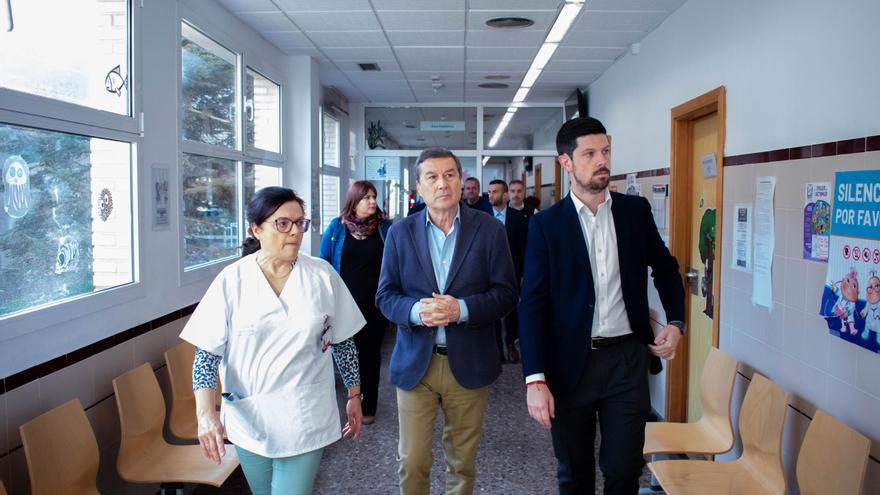Natural gas sector risk management advisor Fernando told BNamericas Berardo, of Stonex Financial Services Network, that the opening of the Brazilian natural gas market will stimulate diversification of price indexing options and generate more hedging, which will lead to better price conditions.
Still controlled by state-owned Petrobras, fuel supply contracts are generally pegged to the benchmark price of Brent crude.
Starting in 2021, the company has begun offering the option to tie contracts to the Henry Hub Index, used as a benchmark in the United States for liquefied natural gas (LNG) and liquefied natural gas (LNG) projects. There are also some isolated cases of contracts using, for example, the Japan-Korea Index (JKM) of Japan, South Korea, China, Taiwan and the Netherlands Transfer Facility (TTF).
According to Berardo, there is not much of a hedging culture in gas prices in Brazil due to the presence of subsidies, the Petrobras monopoly, and the lack of market maturity.
He added that it is important to set prices at a level consistent with the consumer’s budget, especially in a context of high volatility such as those observed in 2022, when prices varied by up to 60%.
Some of the big gas consumers have contracted the hedge, but medium-sized industries, with a consumption of 30,000 cubic meters per day, are not paying as much attention to the futures market. Berardo explained that the opening of the sector brings new cataloging possibilities and this stimulates the creation of more specialized teams with the knowledge required to analyze these possibilities.
Flávia Pierry, natural gas specialist at Argus, said that on April 7, LNG shipped to Brazil, excluding transportation costs, was around $11.6 per million British thermal units (MBTU), which is lower than the gas price calculated in the pipeline network. Domestic gas mains, 12.1 USD/MBTU.
He added that the decrease may reflect the end of winter in the northern hemisphere.
“It is possible that consumers in Brazil will demand a renegotiation of contracts, giving more weight to Henry Hub or reducing the percentage of Brent crude in contracts. LNG should be the marginal price,” the expert told BNamericas.
Currently, the Northeast has the lowest gas prices in Brazil. In the region, private onshore gas producers such as Alvopetro, 3R Petroleum, PetroRecôncavo and Origem Energia have signed contracts with local distributors in recent years.
Meanwhile, gas suppliers in the south remain heavily dependent on Petrobras. But this situation will change in the coming years with the commissioning of an LNG regasification plant in the state of Santa Catarina, and the construction of infrastructure by Nova Transportadora do Sudeste to send gas from the local marine to the region.
A long-term contract between Bolivia’s state company YPFB and Petrobras will expire in 2025, and this could open up an opportunity for the Andean country to export gas under better price conditions to Brazil.
Last year, YPFB signed export contracts with Brazilian companies CDGN (MDC), Delta Comercializadora, Tradener, Âmbar, MTGás, Compass and Trafigura, but most of the 16.8 million cubic meters per day it supplied to Brazil was shipped to Petrobras.
Berardo does not expect any problems with the supply of Bolivian gas to Brazil in the short term.
He warned, “Discussions about a new gas pipeline that will enable exports from Argentina to Brazil are important in the long run given our potential future water crises and infrastructure bottlenecks.”

“Beeraholic. Friend of animals everywhere. Evil web scholar. Zombie maven.”


:format(webp)/cloudfront-us-east-1.images.arcpublishing.com/grupoclarin/LEQMZ3FDFVFWJC6UVCZLQGWU3M.jpg)
:quality(85)/cloudfront-us-east-1.images.arcpublishing.com/infobae/BSBBGIRD3RGW3IFZ7323CC76AA.jpg)



More Stories
Opening value of the dollar in Brazil on May 3 from the US dollar to the Brazilian real
Numbers that gave luck to the new winners of Chipazo
Google is eliminating key positions and will move some jobs to India and Mexico